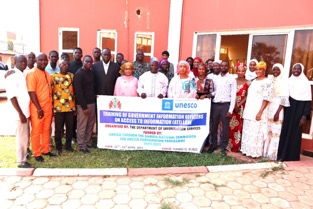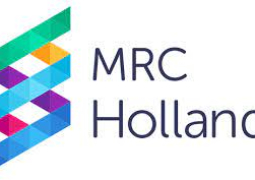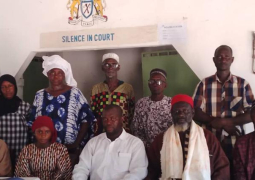
The synergy was organized by the Department of Information Services with funding from UNESCO through The Gambia National Commission for UNESCO Participation Program2022-2023.
The training was part of the ‘Sensitization and Popularization of the Access to Information Law Using Local Language Techniques’ Project, through the UNESCO Participation Program.
Lamin Queen Jammeh, the Minister of Information, said the Gambia has been a Member State of UNESCO since 1973 and has contributed to its sustainability, thus benefiting from its support towards the initiation and implementation of various development priorities.
According to Minister Jammeh, NATCOM in particular has been providing technical, capacity building and resource mobilisation support through programme and project interventions with various government institutions.
He pointed out that the importance of Access to Information cannot be over-emphasised; hence many international conventions and organs have recognised the inevitability of an effective mechanism for access to public information in a functional democracy.
Since the passing of the law he added, his Ministry has been working assiduously with partners on its implementation mechanism.
“The enactment of the law was indeed a profound testament to the commitments of President Adama Barrow and his government to the ideals of democracy, and a conviction that meaningful participation in democratic processes requires a citizenry that is well-informed,” Minister Jammeh stated.
He reiterated his Ministry’s commitment to continue to partner with relevant institutions for the smooth and effective implementation of the Access to Information Law.
Maimuna Sidibeh, the Acting Secretary General of UNESCO-NATCOM said the ATI law requires some orientation and capacity enhancement, particularly for Government and other stakeholders.
The overall goal of the training she observed was to improve Access to Information through the use of local language with a view to strengthening good governance, democracy, decision-making process and freedom of expression in The Gambia.
“We intend to create a wider understanding of the ATI law and citizen interaction and utilization of the law in order to enhance the delivery of strategic information to The Gambian public and also to ensure wider participation in the democratisation and decision-making process of the country,” Mrs. Sidibeh explained.
According to Mrs. Sidibeh, Access to Information serves as an integral part of freedom of expression, adding that it is an important tool for promoting the rule of law.
Read Other Articles In National News

MRC Holland & Brighter Future start construction of UTG dormitories
Jan 25, 2024, 11:54 AM




